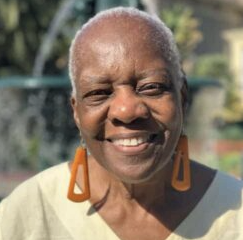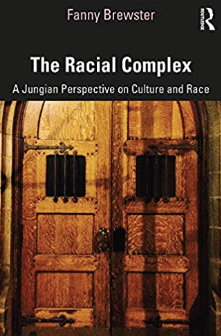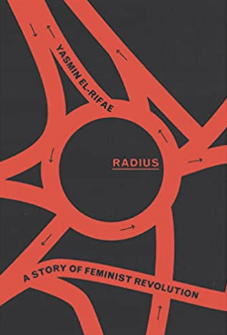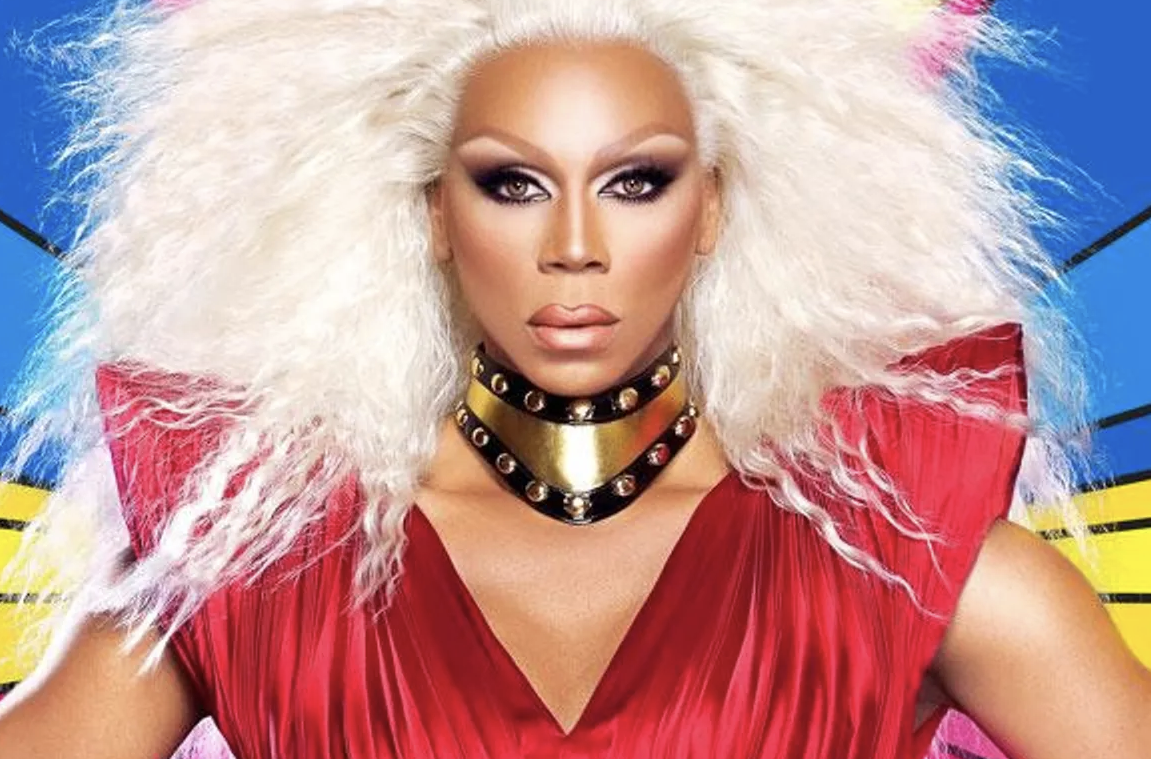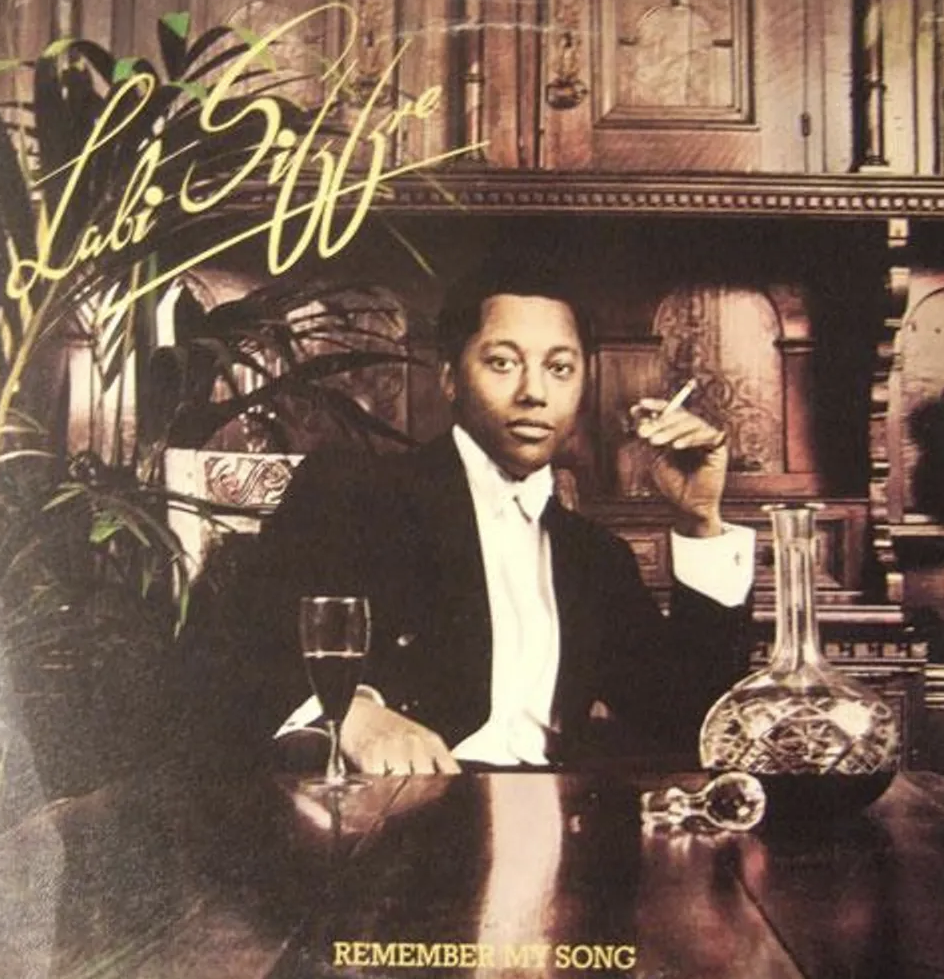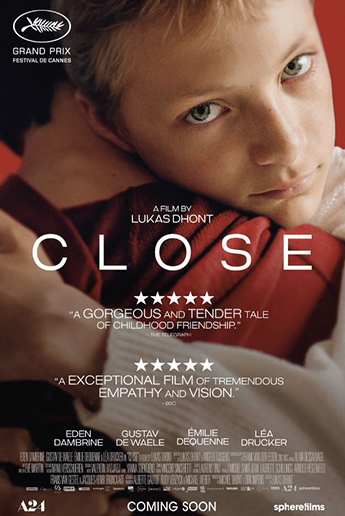Weekly Checklist 2/22/23
Hard Shit:
For Black History month, I’d like to draw your attention to Fanny Brewster’s “The Racial Complex: A Jungian Perspective on Culture and Race,” published by Routledge in 2020. While this book may seem like it’s just for clinicians, I think most of you will find value in this important work. For too long, the dominant fields of
Western psychotherapy have been informed by Caucasian and Euro-centric values. Brewster turns to Jungian thought, with its focus on “the complex,” which basically is a collection of thoughts, feelings, and behaviors inside of us that function as a subpersonality. We have a “mother,” “father,” and “inferiority” complex.
Why not a “racial complex?” “I have,” she writes, “a cultural complex that embodies all that I have inherited due to this life—personal association, the lives of my ancestor, and archetypal patterns of all that has come before.” She writes we need to explore the “Africanist linguistic and philosophical roots of the archetype, to understand the language of these African forefathers as they consider that which is a universality for all.” In other words, Jung did not discover these psychological values and we can enrich our study by turning to non-Eurocentric rivers of thought.
Interview with Fanny Brewster:
For Your Cultural Health:
As women are fighting for their rights all over the world, in this country and especially in Iran, it is important to not forget how women in Egypt fought back against rape and torture during the chaotic political transition two years into the Egyptian revolution in 2012. Yasmin El-Rifae’s “Radius:
A Story of Feminist Revolution” looks back on the group Opantish, Operation Anti-Sexual Harassment, and Assault.” The book is based on recollections and interviews and helps us look into a nightmare: how the attackers isolate their victims to experience terror and pain, and how another woman, risking her safety, will thrust herself into the event to try to save her sister. We are connected to each other all over the planet and this book will shock you into awareness because of what it reports but also because of how beautifully it’s written.
For Your Musical Health:
Let’s hear it for those musicians that were black and queer this month: Sylvester. Before Sylvester James was crowned the Queen of Disco, the soulful "You Make Me Feel (Mighty Real)" singer was a troubled teenager who had been kicked out of the house and found comfort in music. After years of struggling Sylvester finally hit it big in 1978 when he released Step II. Though Sylvester died in 1988 at the age of 41, his songs live on. In fact, Concord Music will be releasing a collection of Sylvester’s greatest hits later this month. If you want to feel what it was like to come out as an 18-year-old in 1977, wow the rush, check this out, baby.
Billy Strayhorn “You Make Me Feel”
You've likely never heard Strayhorn's voice, but you've heard his work: for three decades, from roughly 1940-1967, the openly gay composer and pianist helped Duke Ellington craft his greatest hits, including "Chelsea Bridge," which is not about the future New York gayborhood, but about London, instead. Josephine Baker
The first African-American woman to headline a feature film and a star performer from the early-1920s until her 1975 death, bilingual singer and actress Josephine Baker enjoyed more fame and fortune than almost any star then or since, black or white, gay or straight. Bessie Smith
A Tennessee street performer who got her to break as a backup dancer for Ma Rainey, blues legend Bessie Smith never hid her bisexuality, even when it caused strife in her marriage to security guard Jack Gee. Her sexuality, of course, never hurt her career: she was and remains one of the most beloved singers of all time. RuPaul
Frankie Knuckles
There's really nothing to say about RuPaul that she hasn't said herself, but it's worth noting that she has been mainstreaming the drag queen camp since 1993's "Supermodel (You Better Work)." Respect. Frankie Knuckles
Frankie Knuckles: Where would the gay circuit scene be without Frankie Knuckles, the Bronx-born DJ and producer who helped establish House music?
Labi Siffre
Labi Siffre Most popular in the early 1970s for his moderate hits "It Must Be Love" and "Crying, Laughing, Lying, Loving," the always openly British musician gay Labi Siffre had a surprise 1987 success with his anti-apartheid track "(Something Inside) So Strong," and more recently, his 1975 track I Got The has been sampled by a wide range of hip-hop musicians, including Eminem, a man with a complicated relationship with the gay community.
For You Spring Health Astrologically-Considered:
It took me till my sixties to realize that astrology had a great value and mystery to it. I learned I was an Aries (fire) with a Taurus Rising (earth) and a mood in Virgo (logical emotions), and that my twelfth house was in the house of the unconscious. Makes sense. Well, all this learning would not be possible without the Internet. There we can find some very learned folks talking about the thousands-years-long tradition. I like Chris Brennan, the most, or at least my moon in Virgo does. Another very logical person is Pam Gregory. She has a lot to say about a big change that is afoot when Saturn leaves its place on Aquarius that it’s been in for three years (the constraint on freedom associated with the lockdown) and enters Pisces on March 7, 2023. Saturn can be compared to a strict teacher or a master teacher. Even though it can bring harsh lessons, it pushes us to bring out our fullest potential. When Saturn is done with us, we are left feeling wiser, more mature, and more aligned with where we want to be. Saturn’s presence in Pisces could feel a little heavy because of this. This normally watery, intuitive, and sensitive Piscean energy will be forced to get a little more rigid, a little more grounded, and a little more reserved. But the transit can help us get shit done. If Pisce’s energy is like a piece of music, Saturn’s presence can help us to write down the musical notes so the piece of music can go from a tune that lives only in our heads to something that can be played, listened to, and available forever more. Check out Pam on this important transit:
For Your LGBTQ Health:
I do not use this checklist to warn you about movies you should not see, but I will make an exception. Please reconsider going to see the French film “Close." While my first impression was that the movie was informed by the filmmaker’s internalized homophobia, which is a recurring problem in gay movies, and that the viewer is forced to go through some kind of “gay hatred porn” for 90-odd minutes, I have had some different feelings. If one wanted, as a gay man, do a self-study of all the feelings of rejection we had to undergo as children, as a psychotherapeutic experiment, and to feel ALL OF THEM in 90-odd minutes, this might be a good movie for gay men to see, but only for the purpose of inner work. As we know from writers such as Richard Isay, a gay-affirmative Freudian, many gay men go from relationship to relationship because they are jumping OVER their pain, which is to painful to feel. Also very often people’s fear of intimacy is based on fear of re-experiencing bone-crushing and suicidal rejection. But if the movie puts the gay man in relation to that pain, as a therapeutic exercise, and only as a therapeutic exercise, as an exploration of the GAY SHADOW, he has nothing to cover up. What the movie does is really rub the viewer in the face with shame, betrayal, hurt, and pain for several scenes so it does a good job of evoking these feelings so they are no longer hidden or suppressed or repressed. But the movie should be only viewed in the context of therapy or a class as an expose of societal homophobia—to learn about the compromises we all make, and how we hurt each other. The unbearable pain we, as a community are sitting on that, needs to be unearthed and to be healed. But I would not encourage people to see this movie unless they were in contact with a gay-affirmative therapist so that what is unearthed can be understood rather than render a person feeling hopeless about gay love in a straight man’s world.

